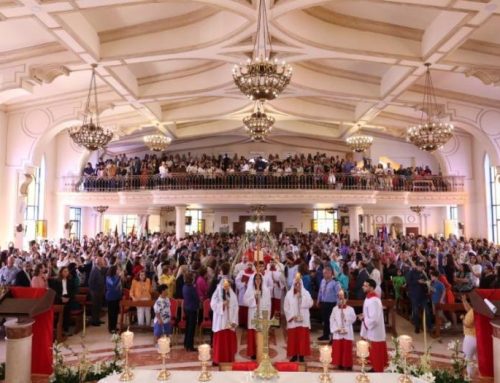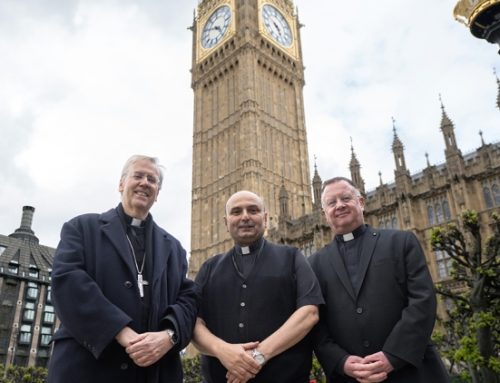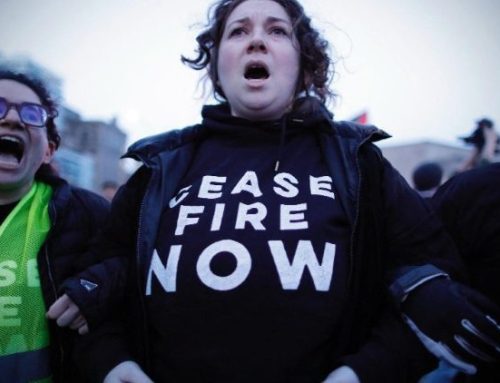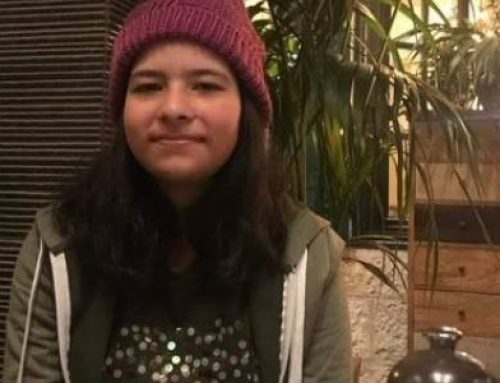Christ has risen. A Happy and Holy Easter to you all, brothers and sisters here present, to you pilgrims who have come from all of the Churches, and to all the faithful of our diocese in Palestine, Israel, Jordan, and Cyprus.
Christ has risen. A Happy and Holy Easter to you all, brothers and sisters here present, to you pilgrims who have come from all of the Churches, and to all the faithful of our diocese in Palestine, Israel, Jordan, and Cyprus. For all the inhabitants of this land, Christians, Jews, Muslims, and Druze, we ask God that the grace of the Resurrection may become a blessing and a source of peace, of protection against all oppression, and of courage to face all the challenges of our difficult life here in this Holy Land. To the Jewish people who are celebrating Passover, we pray that this feast will be for you and for everyone in this land a source of peace, justice, and reconciliation.
Brothers and sisters, before the empty tomb here in Jerusalem, in union with past generations of believers and with all believers throughout the entire Church, we joyfully reaffirm our faith: Christ has risen. Yes, he has truly risen.
It is with joy in our heart that we listen to the account of the Resurrection and to the words the angel addressed to the women who were returning to the tomb to weep for Christ after his death: “Do not be afraid! I know that you are seeking Jesus the crucified. He is not here, for he has been raised just as he said” (Mt 28, 5-6). We too are seeking the Crucified who loved us and who gave himself for us. We seek the Crucified, we believe that he has risen, and we would like to see in this land the glory of his Resurrection.
In this country, we still need to hear the word of God saying to us Do not be afraid because there are ever-so-many reasons to fear and to feel weak and abandoned. The Word of God sustains us and reminds us of the One in whom we believe. Today it is telling us: “Do not be afraid. I overcame the world.” It is saying that we can now overcome the evil in our lives.
Last week we renewed our faith in Jesus Crucified. And we renew it again today: we believe in one Lord, Jesus Christ, who died and rose here for us and for our salvation.
We seek the resurrected Christ in order to welcome his greeting to his apostles and, through them, to the whole world, including to our land: “Peace be with you,” peace, which is so often talked about in these parts, and remains a difficult goal to attain. However, just as Jesus met the disciples of Emmaus at a time when they were tired and discouraged, we believe that, one day, he will come to meet us on the roads of this land. His peace will come and will meet the hearts of all those who seek it, who have purified themselves, and who have prepared themselves to accept the vocation of this land, which is meant to be a place of Redemption and reconciliation for all.
Yes, today also, in the midst of the difficulties we are experiencing, Jesus comes to meet us and says: “Peace be with you.” You who are afraid, who hesitate, and who no longer know where to go or what to do, you, believe, because God is faithful. Life is difficult, but we know that faith can move mountains. It is the source of life: “Whoever believes in me,” says Jesus, “has eternal life” (Jn 6, 47). Be strong, carry your cross, and walk patiently and perseveringly. You may fall from fatigue, under the trials of daily life, in the face of an ever-uncertain future. But continue to walk. You are not alone on the road. The one who said: “I am the way and the truth and the life” (Jn 14, 6), the one who walked through the streets of this city and on all the roads of our land, continues to walk with you today. It was for you that he rose in glory, filling you with God’s happiness, in spite of the difficulties of this life.
Jesus’ death and Resurrection send a message to all of you who are suffering in this country and who are seeking a peace that seems unattainable. You who think that salvation can only be found in war and in the death of others, you who kill, who are headed for death, and who hate, Jesus is saying to you all, here and today: Peace be with you, “Peace I leave with you; my peace I give you. Not as the world gives do I give to you. Do not let your hearts be troubled or afraid” (Jn 14, 27). The peace I am giving you is a peace that you yourselves must make. It must be a peace for everyone, a justice for everyone, and reconciliation with everyone. It must be a peace that respects the property of others and the land of others. It must be a peace that frees this land from the pattern of death and war and that governs two peoples affiliated with three religions. The land belongs entirely to God and is today the home of two peoples. With respect to the land, leaders must recognize the will of God as manifested in the successive phases of its entire history. Otherwise, as has been the case until now, instead of governing it, leaders will only sow death and destruction.
To celebrate the feast of Easter in Jerusalem is to place one’s self before God and to reread history in his presence, recalling his desire to save here all of humanity. It therefore implies accepting the grace of God and, like him, governing and acting in such a way as to serve all of the children of God and to turn this land into a land that welcomes all his children so that it does not remain a land of death, of hate, and of walls of separation, a land without peace, without security, and without tranquility.
Here, we have lived death, and we continue to live it. But, this day of the Resurrection invites us to see God at work in his creation and in this land where he renewed Creation by the Cross. “My Father,” Jesus said, “is at work until now, and I am at work as well” (Jn 5, 17). We believe in this presence of God who accompanies us. We carry our cross, and we work in this land so that all might resurrect to forgiveness and reconciliation. With Saint Athanasius, bishop of Alexandria, we too say: “True happiness and genuine rejoicing means putting our afflictions aside,” and the greatest affliction is to refuse light and life. We ask the Resurrected Christ to remove our afflictions from us, or to remove our weakness in the face of affliction, and to fill us with the strength of his Spirit and guide us on the road to Calvary, to life, and to the Resurrection. Amen.
+ Michel Sabbah, Patriarch





